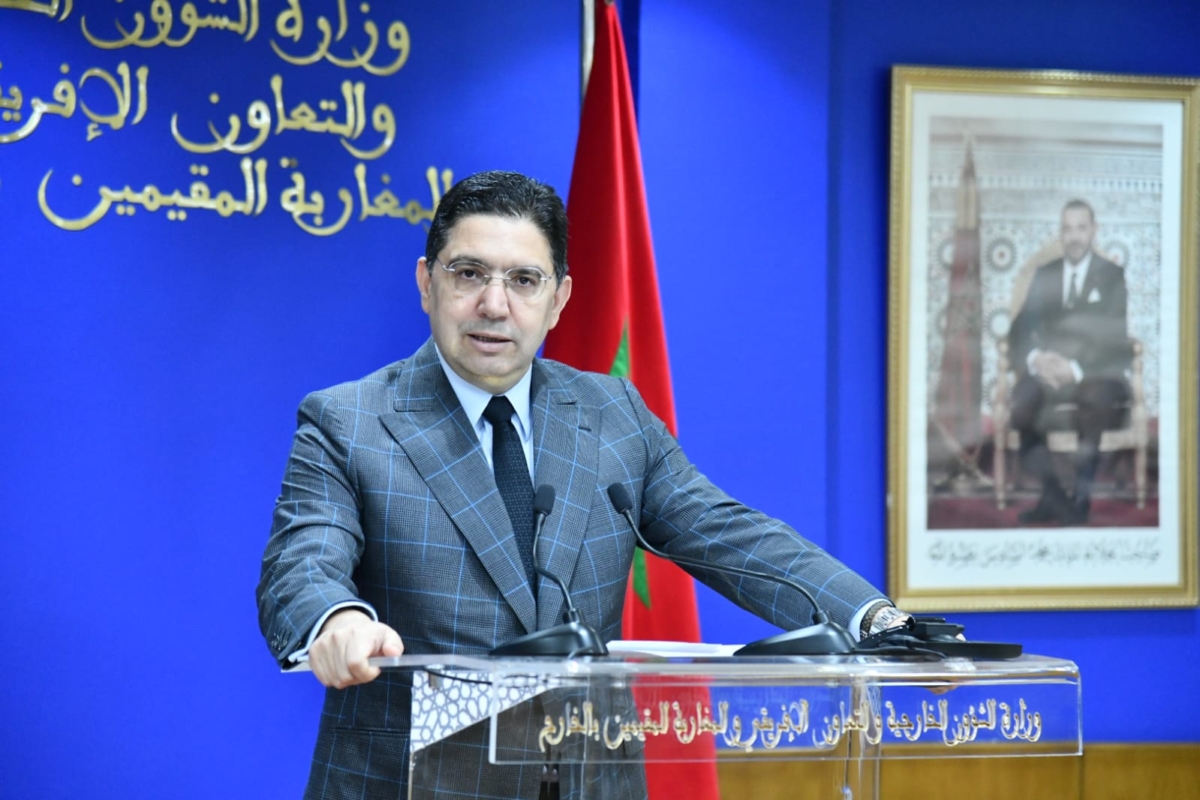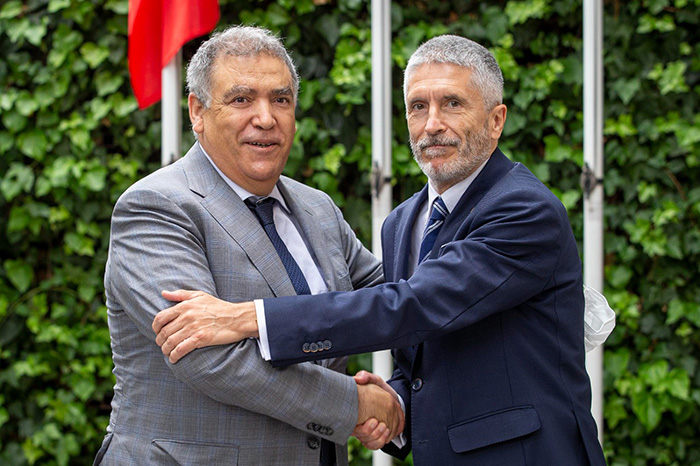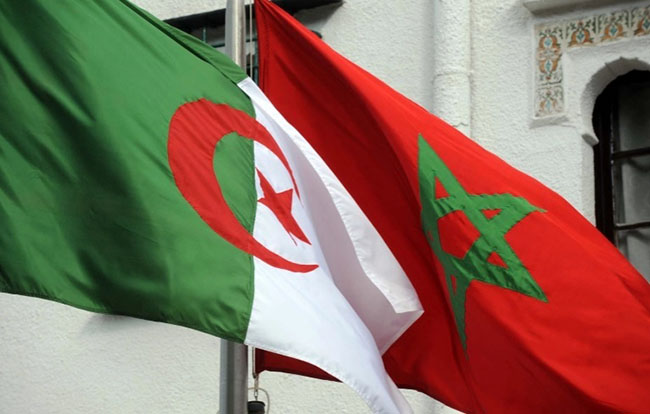Moroccan Foreign Minister Nasser Bourita stated on Monday in Rabat that the UN Secretary-General's Personal Envoy for Western Sahara, Staffan de Mistura, had indeed presented a proposal to divide the region, but Morocco rejected it and emphasized that negotiations on this matter would not take place at all.
In response to a question from Assahifa during a joint press conference with his Estonian counterpart, Margus Tsahkna, Bourita remarked that "de Mistura should have disclosed who inspired him with this proposal, which parties encouraged him to present it, whether it was his own initiative, and what rationale or background led him to revive this proposal, which was dead on arrival and rejected from the outset."
Bourita pointed out that "Morocco's response is clear regarding this revived old-new proposal. As in 2002, Morocco, as King Mohammed VI has stated, does not negotiate its sovereignty over the Sahara or its national sovereignty. The discussion is about a regional dispute with a neighboring country that challenges Morocco’s sovereignty over its own territory."
Bourita stressed that Morocco's sovereignty over the entire territory of the Sahara would not be up for negotiation. He added, "Such ideas are completely rejected and off the table. Morocco will not even consider hearing them, as they conflict with Morocco's convictions and those of the Moroccan people, who firmly believe that the southern provinces are an inseparable part of the kingdom’s territory."
The Moroccan minister also said, "Regarding the details or further development of Morocco's autonomy initiative, the kingdom's position is clear. First, autonomy is a final destination, not a starting point. It is an initiative that enjoys growing international and European support, as evidenced by the opening of consulates in the southern provinces and the positions of major powers in favor of the Moroccan proposal."
Bourita further explained that "this initiative has red lines and aspects with detailed foundations that cannot be measured in various contexts." He added, "The day the other parties express a desire to enter a process in which autonomy is the only basis for resolving the conflict, then we can discuss the elements that need detailing. But in the absence of the other parties, such discussions are premature and irrelevant at this time."






